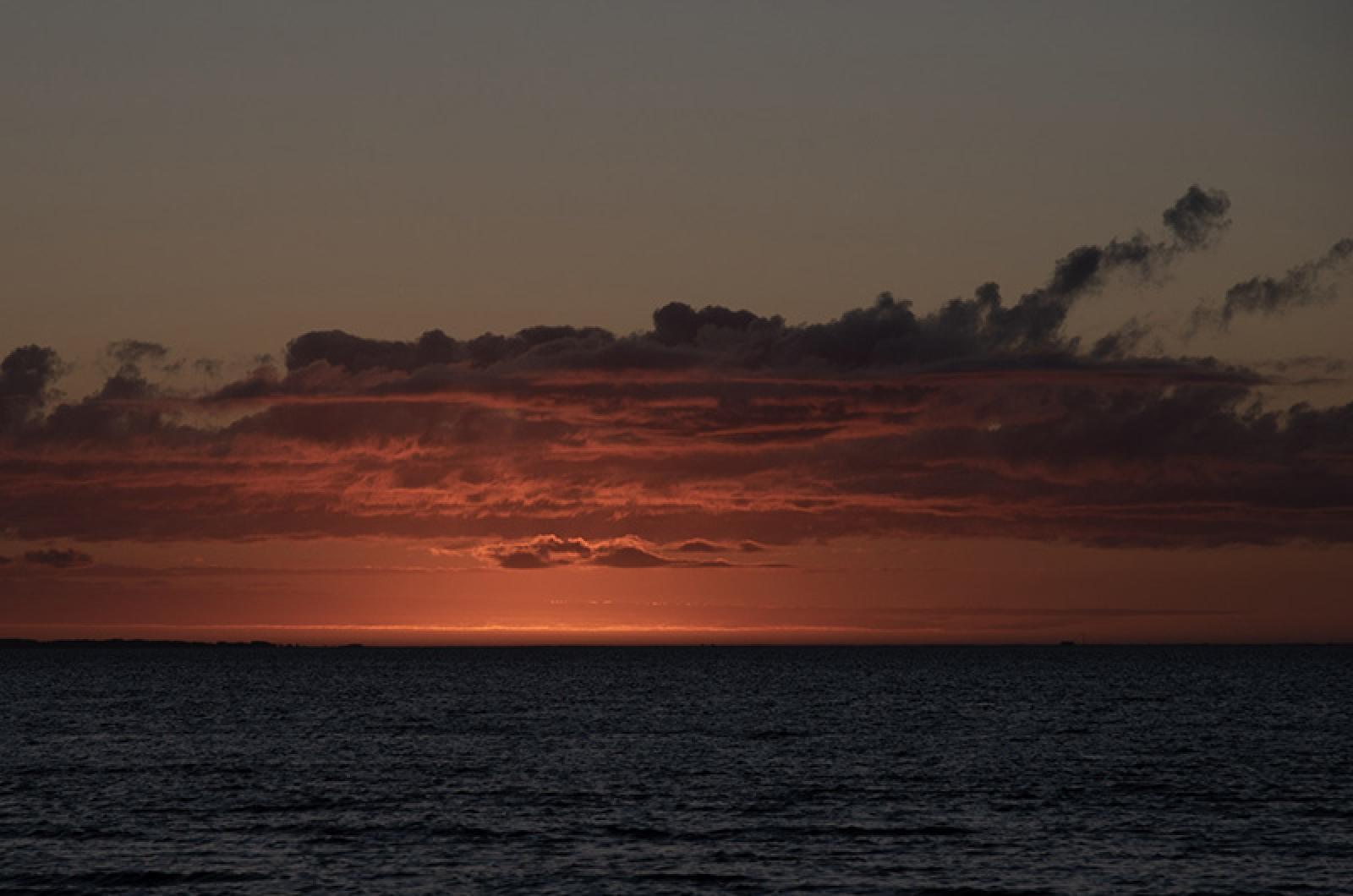A relatively small meteor shower, the Leonids takes place on the evening of Monday, Nov. 16 and into the early morning of the next day. This is a variable meteor shower. Through the years, the shower has produced thousands of meteors in a night of viewing, as it did in 2002.
This year the expectation is light. You may see a dozen meteors in an hour of good viewing. The moon will not interfere so you’ll see the faintest of meteors. These meteors are small particles of dust hitting our atmosphere at great speed and burning up.
There are about a dozen meteor showers each year. These showers are that moment when the Earth passes through the remnants and debris left from a passing comet. The Leonids are the remnants of periodic Comet 55P/Tempel-Tuttle which passes close to the sun every 33 years.
The comet is not expected back until 2031. Why is the shower called the Leonids? Astronomers had thought for centuries that the meteors came from the constellation Leo. In a night of viewing you can watch and see that nearly all of the comets appear to radiate from that zodiacal constellation.
| Day | Sunrise | Sunset |
|---|---|---|
| Fri.,Nov. 13 | 6:27 | 4:23 |
| Sat., Nov. 14 | 6:29 | 4:22 |
| Sun., Nov. 15 | 6:30 | 4:21 |
| Mon., Nov. 16 | 6:31 | 4:20 |
| Tues., Nov. 17 | 6:32 | 4:20 |
| Wed., Nov. 18 | 6:33 | 4:19 |
| Thurs., Nov. 19 | 6:35 | 4:18 |
| Fri., Nov. 20 | 6:36 | 4:17 |
| Day | Max (Fº) | Min (Fº) | Inches |
|---|---|---|---|
| Nov. 6 | 67 | 57 | T |
| Nov. 7 | 65 | 53 | 0.00 |
| Nov. 8 | 73 | 46 | 0.00 |
| Nov. 9 | 69 | 43 | 0.02 |
| Nov. 10 | 71 | 52 | 0.01 |
| Nov. 11 | 68 | 58 | 0.01 |
| Nov. 12 | 68 | 61 | 0.80 |




Comments (1)
Comments
Comment policy »